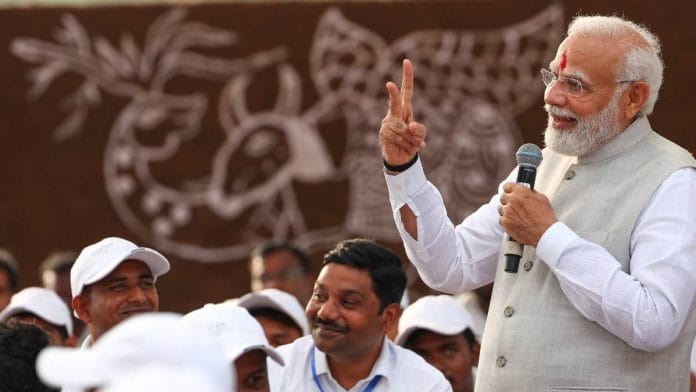The recent inhumane incident in Madhya Pradesh’s Sidhi where one Pravesh Shukla urinated on a tribal man, which shook the national conscience, highlights two important aspects. Firstly, it exposes the existing fault lines within society, and secondly, it highlights the unapologetic commitment to justice when it comes to issues of concerning marginalised communities. The promptness with which the government of Madhya Pradesh acted in this particular case reflects the growing recognition of the aspirations and concerns of Dalit and tribal communities. Historically, there have been numerous instances of brutal killings targeting these marginalised sections, where even women and children were not spared, such as the Belchi and Marrichjhappi massacres in Bihar and West Bengal, respectively.
Optics of Dalit violence
Examples from University of Hyderabad (Rohith Vemula case) and Hathras in Uttar Pradesh (the gangrape of a woman) demonstrate how certain leaders spared no effort in using such situations for political gains. Rahul Gandhi and Priyanka Gandhi will remain silent on atrocities against Dalits in Rajasthan and Chhattisgarh, but will not leave any opportunity to reap political dividends from such unfortunate incidents in opposition-ruled states. For instance, in Rajasthan’s Jalore, a young Dalit boy fell victim to institutional murder simply because he attempted to drink water from a common pot. Was this incident not worthy of the attention of the first political family of the Congress party? No words of solace were offered to the grieving family. There are several such examples of murders and rapes that did not receive the recognition they deserved. From Mirchipur in Haryana to Lakshmanpur Bathe in Bihar, families are still waiting for justice.
The trend of political optics and photo-ops surrounding issues and atrocities faced by marginalised communities can be traced back to Indira Gandhi. The ‘Belchi moment’ became a prominent political concept when Indira Gandhi waved at the suffering public in a village in Bihar, setting a trend that subsequent Congress leaders have mastered.
Also read: CM Chouhan’s apology to tribal man isn’t theatrics but challenge to Brahmin impunity
The new representation
But Dalit politics has come a long way since the Belchi incident. Today, we have a woman from the tribal community, Draupadi Murmu, serving as the custodian of the Constitution for the first time in the history of India. Arjun Ram Meghwal is the only Dalit, after BR Ambedkar, to hold the position of Union Minister of Law and Justice. Rajya Sabha positions and Padma Awards have become inclusive in a remarkable sense.
Columnist Dilip Mandal has written how, with Rajya Sabha nominations of music maestro Ilaiyaraaja, director V. Vijayendra Prasad, veteran athlete PT Usha, philanthropist Veerendra Heggade, and Padma Awards to tribal artists Durga Bai Vyam and Sakini Ramachandraya, “the Narendra Modi government has taken the representation and diversity debate to a new level”.
When institutional structures and the constitutional order become more inclusive, the administration of justice becomes inherently more sensitive. Professor R Vaidyanathan’s seminal work, Caste as Social Capital, makes a significant observation that castes function as a form of capital in social, economic, and political sphere. The increased representation of Dalits and Adivasis in crucial decision-making positions is an assertion that they can no longer be taken for granted. Madhya Pradesh Chief Minister Shivraj Singh Chouhan washing the feet of Dashmat Rawat is a moment that will remain etched in the memories of marginalised communities for years to come.
Guru Prakash is the national spokesperson of BJP and Assistant Professor at Patna University. He tweets @IGuruPrakash. Views are personal.
(Edited by Prashant)






